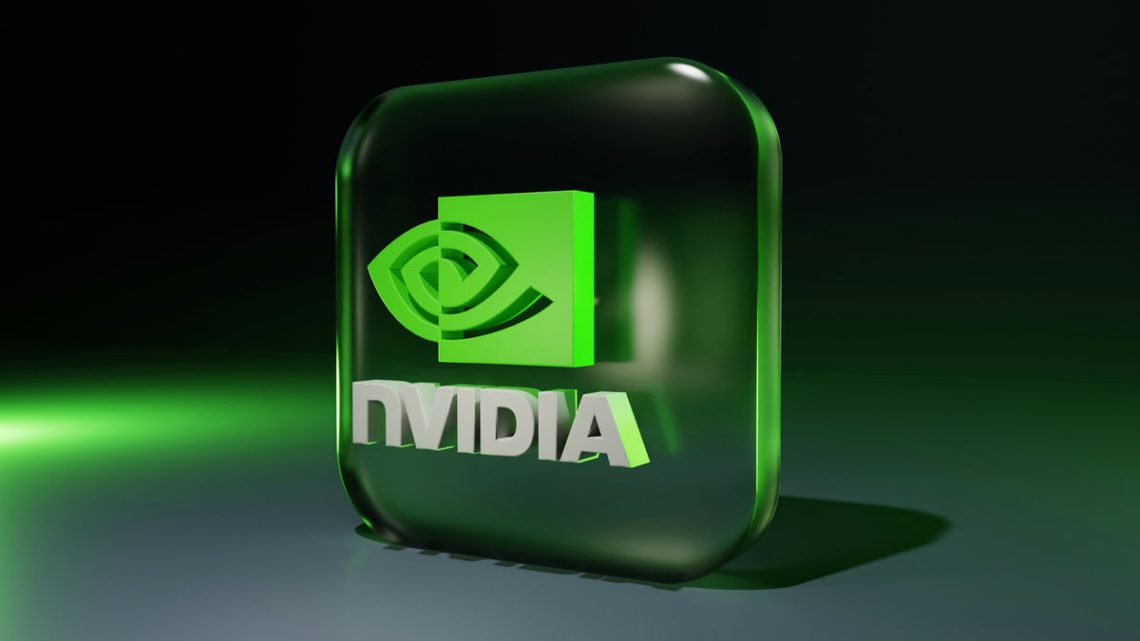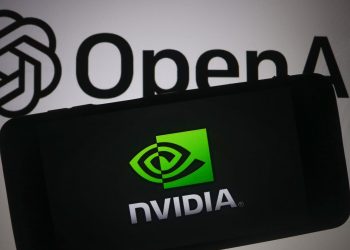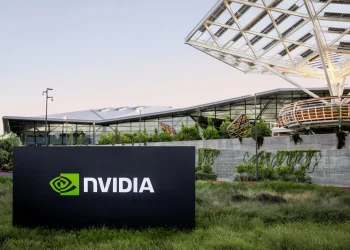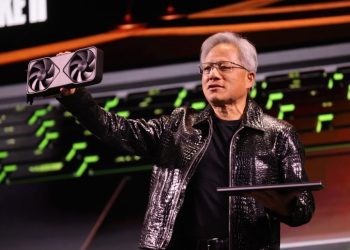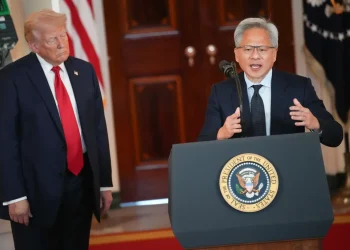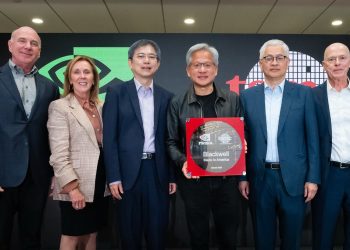The NVIDIA Taiwan AI supercomputer is trending as NVIDIA CEO Jensen Huang announces a new AI factory supercomputer and a Constellation office in Taiwan to fuel the nation’s AI ecosystem. For instance, unveiled on May 19, 2025, at Computex in Taipei, the supercomputer targets local startups, per Euronews. X posts buzz with optimism, per @minchoi, amid NVIDIA’s 43% stock rise over 12 months. Consequently, Taiwan’s tech hub status is soaring. Thus, this article examines NVIDIA Taiwan AI supercomputer, its advancements, impacts, and why it’s grabbing clicks. Internal link: Global Tech Trends
The Taiwan Initiative
AI Supercomputer
The NVIDIA Taiwan AI supercomputer boosts computing power. Specifically, it leverages Blackwell GPUs to process AI workloads 30% faster than prior models, per Yahoo Finance. Moreover, it supports Taiwan’s 50% share of global AI researchers, per Huang’s Stratechery interview. As a result, local innovation thrives.
Constellation Office
Furthermore, infrastructure expands. For example, the NVIDIA Constellation office will house 1,000 engineers, with construction starting soon, per Euronews. Additionally, it fosters collaboration with TSMC, per X posts. Therefore, talent development accelerates.
Impacts on NVIDIA and Taiwan
NVIDIA’s Global Reach
The Taiwan AI supercomputer strengthens NVIDIA’s presence. For instance, it could drive $1 billion in regional sales by 2027, per Reuters. Moreover, X posts note its edge over China’s restricted H20 chips, per @amitisinvesting. Thus, market growth continues.
Taiwan’s Tech Hub
Moreover, it elevates Taiwan’s ecosystem. Specifically, startups could see a 20% funding boost, per Bloomberg. Additionally, Canada’s renewable energy surge shows tech investment trends, per X posts. As a result, economic impact expands.
Challenges Facing the Initiative
China Trade Restrictions
However, Taiwan AI supercomputer faces geopolitical risks. For example, U.S. bans cost NVIDIA $15 billion in China sales, per Yahoo Finance. Moreover, X posts cite ongoing Huawei competition, per @DeItaone. Therefore, market access is constrained.
Construction Delays
Another challenge is logistical hurdles. Specifically, the Constellation office lacks a firm start date, per Euronews. Furthermore, CoreWeave’s debt risks highlight financial pressures, per Yahoo Finance. Consequently, timelines are uncertain.
The Future of NVIDIA’s Taiwan Strategy
Ecosystem Growth
Looking ahead, NVIDIA Taiwan AI supercomputer will scale. For instance, NVIDIA plans to integrate humanoid robotics by 2028, per Yahoo Finance. Additionally, Computex 2025’s AI focus inspires new projects, per X posts. Thus, innovation persists.
Regional Leadership
Furthermore, Taiwan will lead AI development. For example, its model could inspire Singapore’s tech hubs, per Reuters. Moreover, the UAE’s desert farm shows sustainable innovation, per X posts. As a result, global influence rises.
Conclusion
In summary, NVIDIA Taiwan AI supercomputer and Constellation office fuel innovation, captivating audiences with their tech stakes. Despite trade and logistical challenges, their scalability ensures impact.
Other News: Canadian Military Retention Crisis Worsens Despite Reforms
